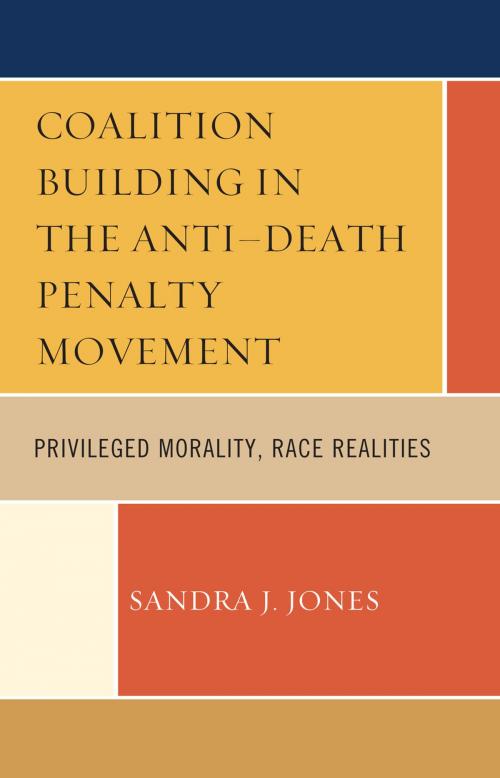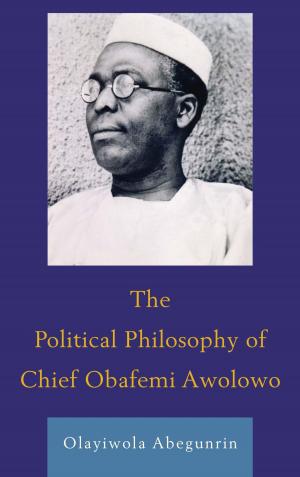Coalition Building in the Anti-Death Penalty Movement
Privileged Morality, Race Realities
Nonfiction, Social & Cultural Studies, Social Science, Crimes & Criminals, Criminology| Author: | Sandra Joy | ISBN: | 9780739143285 |
| Publisher: | Lexington Books | Publication: | January 5, 2010 |
| Imprint: | Lexington Books | Language: | English |
| Author: | Sandra Joy |
| ISBN: | 9780739143285 |
| Publisher: | Lexington Books |
| Publication: | January 5, 2010 |
| Imprint: | Lexington Books |
| Language: | English |
While a great deal of research has been done about many aspects of the death penalty, very little attention has been paid to the movement organized against it. Coalition Building in the Anti-Death Penalty Movement fills that gap with an empirical examination of the external and internal factors that shape the role race plays in the anti-death penalty movement. While the death rows across the U.S. are overwhelmingly filled with racial minorities and the poor, the ranks of the anti-death penalty movement are dominated by white, middle-class professionals. The attention given to race arise out of this racial distinction between death row inmates and the activists who advocate for them. By conducting interviews with white, black, and Latino anti-death penalty activists, this book examines the influence of race on the mobilization of activists and their approach toward abolition. The concepts of political opportunity, mobilizing structures, and framing provided by the political process model, are used to describe the complex manner in which moral opposition to the death penalty is shaped by the racial realities of the activists. Although racial tensions lie just below the surface, they nonetheless create real obstacles for the movement as it strives to build a racially diverse coalition of activists aimed at death penalty abolition.
While a great deal of research has been done about many aspects of the death penalty, very little attention has been paid to the movement organized against it. Coalition Building in the Anti-Death Penalty Movement fills that gap with an empirical examination of the external and internal factors that shape the role race plays in the anti-death penalty movement. While the death rows across the U.S. are overwhelmingly filled with racial minorities and the poor, the ranks of the anti-death penalty movement are dominated by white, middle-class professionals. The attention given to race arise out of this racial distinction between death row inmates and the activists who advocate for them. By conducting interviews with white, black, and Latino anti-death penalty activists, this book examines the influence of race on the mobilization of activists and their approach toward abolition. The concepts of political opportunity, mobilizing structures, and framing provided by the political process model, are used to describe the complex manner in which moral opposition to the death penalty is shaped by the racial realities of the activists. Although racial tensions lie just below the surface, they nonetheless create real obstacles for the movement as it strives to build a racially diverse coalition of activists aimed at death penalty abolition.















